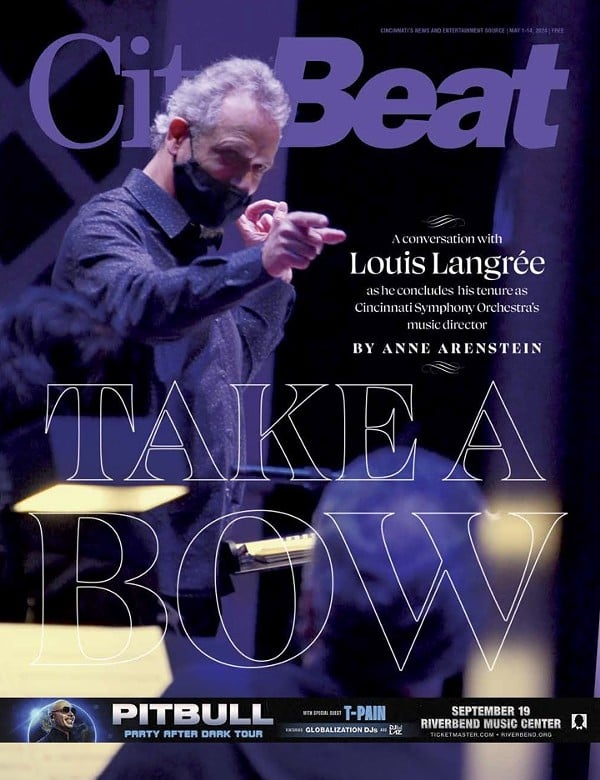Despite promising to move on after he failed to cancel the $132.8 million streetcar project, Mayor John Cranley continues criticizing the project in interviews and social media.
Most recently, Cranley appeared on Local 12’s Newsmakers program and threatened to eventually replace the Southwest Ohio Regional Transit Authority (SORTA) board, which manages local Metro bus services, in response to board members’ defunct offer to take up streetcar operating costs. (City Council sets SORTA appointments, not the mayor.)
“The fact is they were willing to cannibalize bus service,” Cranley said, contrary to SORTA’s insistence that their offer would not have affected bus services. “I just felt that was a huge violation of what SORTA is supposed to be about and what Metro is supposed to be about and what public transportation is supposed to be about.”
Throughout the 24-minute interview, Cranley referenced the streetcar project when discussing the city’s parking meters and other subjects — a continuation of repetitive anti-streetcar tactics Cranley deployed on the campaign trail and in mayoral debates against former Vice Mayor Roxanne Qualls.
“I think the project is wasteful and not worth the investment,” Cranley said when asked about the project. “I think we would have been better off making the hard decision to cut bait.”
Still, Cranley later added, “Obviously, since the supermajority of council went against my wishes, I have to respect the process. So I’m not going to try to sabotage the streetcar.”
The interview also follows comments on social media. After the former head of the Cincinnati Art Museum criticized the streetcar, Cranley tweeted on Dec. 27, “(N)ow some Orwellian commentators will say art director not ‘progressive.’”
The continued anti-streetcar rhetoric comes despite promises to move on that Cranley made after Councilman Kevin Flynn announced he would provide the final vote needed to veto-proof City Council’s decision to continue the streetcar project.
“As I tell my son when he doesn’t get his way, it’s time to move on,” Cranley said on Dec. 19.
But Cranley’s heated rhetoric is nothing new in his campaign against the streetcar project.
After the Nov. 5 election, Cranley told The Cincinnati Enquirer the streetcar debate “is over.” Cranley’s comments marked a high level of confidence after voters elected a mayor and council supermajority that seemingly opposed the streetcar project, but his statement to The Enquirer proved to be wrong after Council Members Flynn, David Mann and P.G. Sittenfeld decided to continue the project.
Cranley also called city officials “incompetent” after they projected that canceling the streetcar project would cost nearly as much as completing it. Once again, Cranley’s comments proved to be wrong — an independent audit found city officials were largely correct in their assessment — but still showed the level of confident, heated rhetoric that follows the mayor’s campaign against the streetcar project.
At the very least, Cranley’s rhetoric proves that while the policy debate over the streetcar is over for now, the public discussion is not. The question is whether the messaging will work as the project moves forward and the streetcar becomes a reality of Cincinnati.






